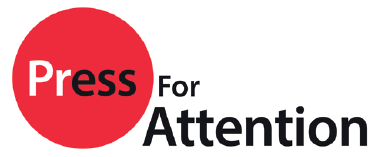It emerged in 2016 and will be the buzzword in media circles throughout the year – “fake news”.
President Donald Trump even accused a respected CNN journalist of being “fake news” midway through a press conference.
It is obviously a cause for concern. This week, MPs launched a parliamentary inquiry into the “growing phenomenon”, with the Culture, Media and Sport Committee saying it would investigate concerns “about the public being swayed by propaganda and untruths.”
Now, let’s not pretend that propaganda hasn’t influenced the public before. Working with and through the press is par for the course, it’s what I do! However, whilst folk like me work hard to find and present GOOD and TRUE news for our clients, this inquiry will examine the sources of “fake news” and crucially, its impact on democracy.
Damian Collins, the committee chairman, said the rise of propaganda and fabrications is “a threat to democracy and undermines confidence in the media in general”.
Maybe so, according to a recent study, on the US election, fake news which favoured Donald Trump was shared 30 million times, four times more than false stories favouring Hillary Clinton. However, the authors said that only half of people who saw a false story believed it, and even the most widely circulated hoaxes were seen by only a fraction of voters.
Still, that means that another half DID believe it – see how the stats can so easily skewed and used to sway an argument?
So what is to be done? Won’t somebody think of the children?!
According to Damian Collins, Facebook should verify its content to prove to users articles are not fake news and the big social media platforms have to start taking responsibility for the proliferation of stories that are not true.
It sounds right on paper but how would that even be done? Is there a lag that can be imposed before something is posted during which it can be reviewed or verified?
Hold on, does this begin to smack of censorship? Either way, this will be a huge subject and will not go away for a long while.
I’d urge anyone to consider carefully what they mindlessly share online. It is so easy to like a Facebook status or tweet at the touch of a button, sometimes unwittingly spreading the fake news.
Be aware people – especially around April 1st…
PS share this mindfully!
